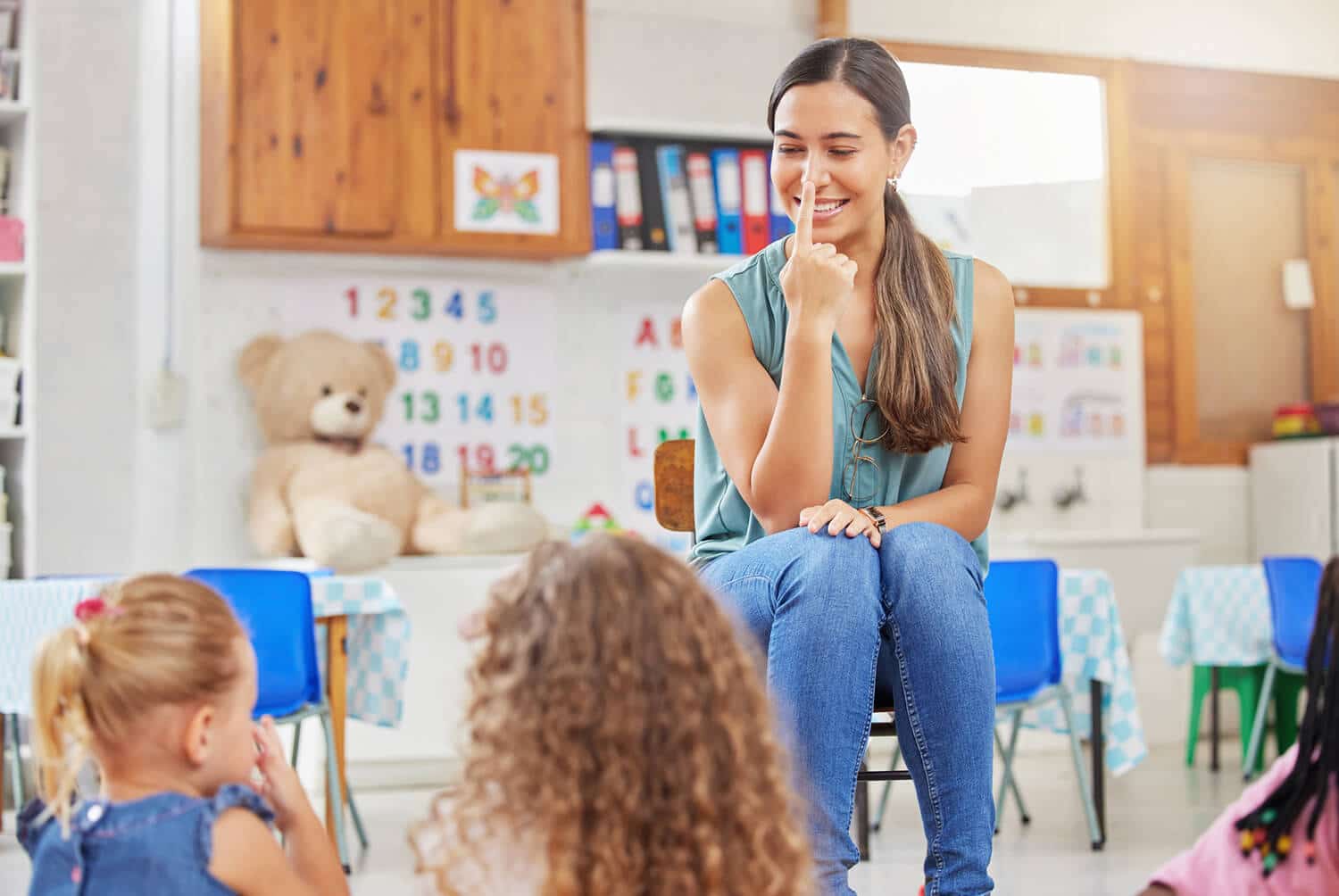Strategies for Divorced NJ Parents Managing Parent-Teacher Conferences
Exes can successfully maneuver parent-teacher conferences by prioritizing the child’s needs and maintaining open communication with the teacher and ex-spouse.

Common Challenges for Divorced Parents at Parent-Teacher Conferences in New Jersey
While possible obstacles to a fruitful parent-teacher conference are many, there are some challenges that stand out. The first is logistical: many divorced parents have trouble coordinating their own schedules with that of the teacher’s availability. Parents can work together with their child’s teacher to schedule the parent-teacher conference during the parenting time of the parent who has the most difficulty finding availability outside of their already scheduled parenting time. Once the meeting is set, the more daunting challenges rear their heads. Divorced couples often have unresolved emotional unrest regarding their relationship, and this can project onto their behavior in the meeting. They may not agree on questions to ask, throw blame at one another for their child’s academic or behavioral struggles, make the meeting about their issues instead of their child’s growth, and overall fail to present a united front on behalf of their child. In addition to emotional gaffes, divorced parents may simply not see eye to eye on their child’s academic development, and this philosophical divide can show up in a parent-teacher conference. Parents may disagree about their child’s academic goals, behavior management strategies, and communication with teachers.
Strategies For Managing Parent-Teacher Conferences During and After Divorce

Outlook: This is about my child’s needs and best interests
Remaining focused on the child is difficult when emotions run high between exes, but it is essential for making the most out of the short time one has with their child’s teacher.
Discipline: I am responsible for regulating my emotions
Again, a parent-teacher conference is a brief window to learn what is going on with one’s child at school and glean important information that informs how parents will move forward with support outside of school. It is not to be wasted, so personal power struggles must be transcended, and the larger goal must be kept in the forefront.
Preparation: Consider potential problems that may arise and prepare solutions ahead of time
Problems such as emotional comments or arguments, differences in educational philosophies, or even the personal or legal ability for the parents to share the same space need to be addressed before the conference. Communicating with the teacher before the conference to let them know that you are divorced also allows the teacher to better prepare by having multiple copies of documents ready, or even scheduling two separate meetings if available and necessary. If current custody arrangements or restraining orders hinder effective co-parenting at conferences, one can work with the teacher to seek a modification to the traditional two-parent conference. In this case, it is important that the participating parent be fair to the other and as inclusive as possible: consider methods such as including the other parent via video call or taking notes to share with the parent later.
Communication: Talking with my ex before the meeting about how we can best show up for our child
This discussion could include setting the intention to focus on the child’s academic and social development, preparing questions to ask the teacher about their growth areas, and addressing outstanding personal issues that may get in the way of staying focused on the child during the conference. Pre-meeting communication could also pose an opportunity for the parents to celebrate their child’s unique goodness and identify shared objectives for the child’s education and well-being. Parents could brainstorm ways of approaching the meeting for ultimate success, including planning to alternate who speaks to ensure equal participation. Positive communication also occurs during the meeting. Showing up for one’s child together means listening to the teacher’s – and one’s ex’s – feedback and concerns with an open mind and solutions-based mentality.
Let a Tinton Falls Family Law Attorney Help Address Obstacles to Equal Participation in Parenting Responsibilities after Divorce
When it comes to navigating legal or relational impediments to equal participation in parenting responsibilities, including parent-teacher conferences, an experienced family law attorney can help. There are multiple modes of addressing the challenges involved in high conflict co-parenting situations so that you can move forward with your ex in service of the best interests of your child’s academic and social well-being. Contact the family law attorneys at Bronzino Law Firm, serving Eatontown, Tinton Falls, Point Pleasant, Wall, Rumson, Middletown, Bay Head, Barnegat, Toms River, and other Ocean and Monmouth County areas, at (732) 812-3102 today for a free consultation regarding your co-parenting challenges, and we’ll help you find a productive and harmonious solution. Often, a legal agreement and plan of action is the best way to ensure equal participation in parenting responsibilities, including those related to your child’s education, after divorce.







